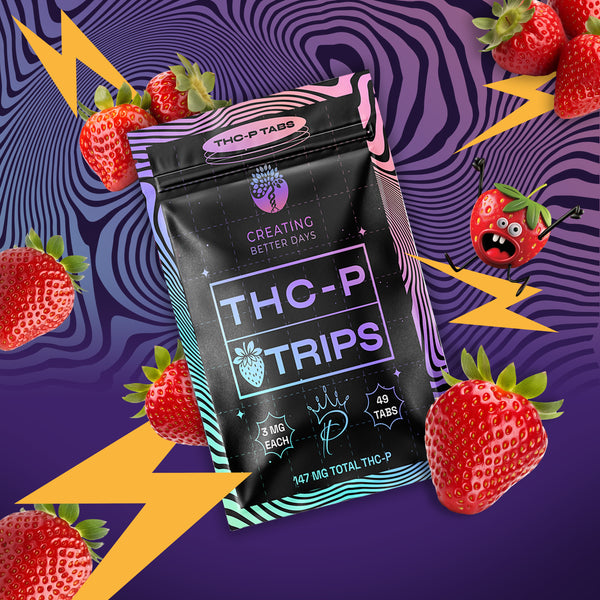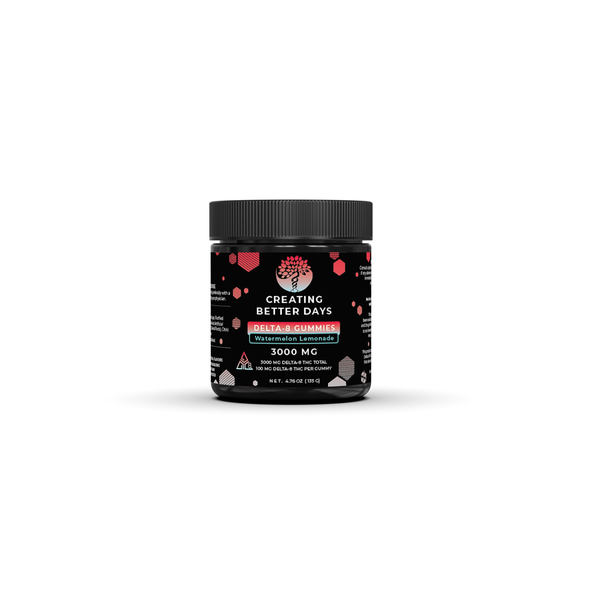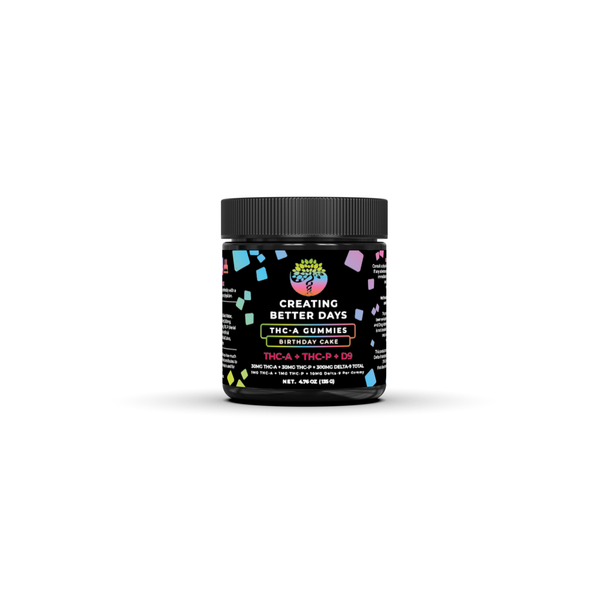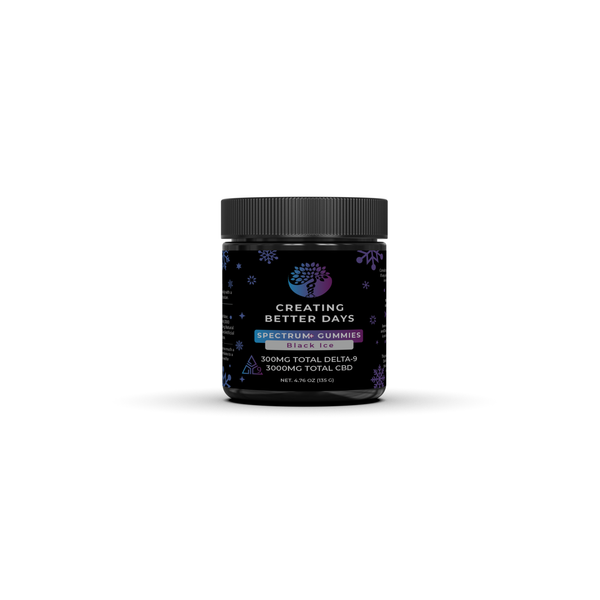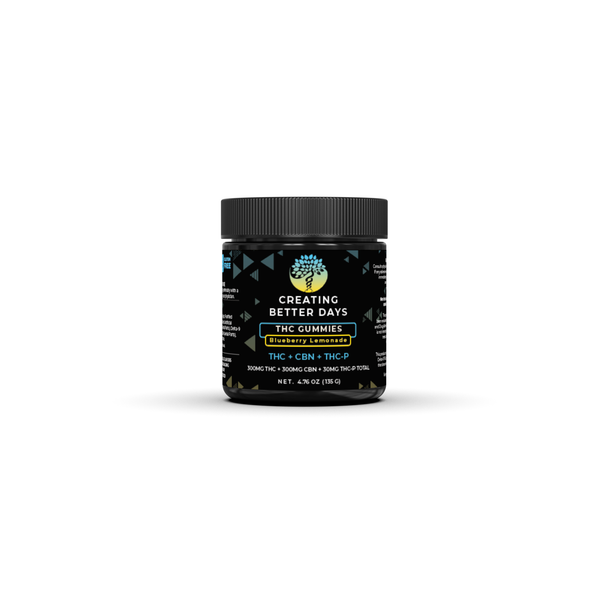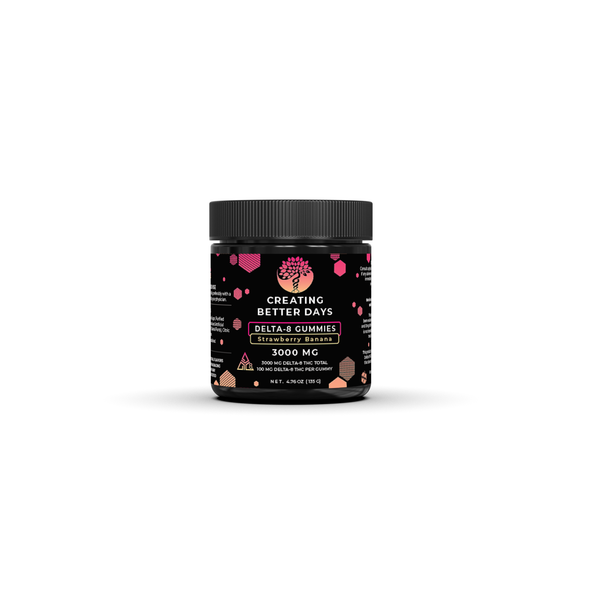
The History of Delta 8 THC
Delta 8 THC is that obscure cannabinoid that has been creating a buzz in the cannabis community over the last few years. Although Delta 9 THC has for a while had all the attention, Delta 8 has quietly become a popular replacement for people looking for a softer high. If you are looking into Delta 8 products or considering giving Delta 8 gummies a shot, you are in the right place. The article takes you deep into that rich history of Delta 8 THC to give you insights into how it was first discovered, its popularity over time, and its future prospects in the modern cannabis market.
Table of contents
Key Takeaways
- Delta 8 THC is a natural cannabis cannabinoid similar to Delta 9 THC but with lesser effectiveness.
- Its origins can be traced to the 1940s when Delta 8 was discovered, but its full potential was not known until subsequently.
- The 2018 Farm Bill assisted in providing wider access to Delta 8 THC, contributing to its popularity over the last few years.
- Delta 8 products like Delta 8 gummies are popular with individuals due to their gentle effects and wide availability.
A Brief Description of Delta 8 THC Background
Delta 8 THC is a cannabis cannabinoid that is chemically similar to its famous sibling, Delta 9 THC. However, the effect that it offers is decidedly different. While Delta 9 THC has notoriously strong psychoactivity, Delta 8 THC has been described as offering a softer, better-balanced high. This has made Delta 8 products, like Delta 8 gummies, popular with cannabis users looking for a less potent level of effect. So, how was Delta 8 THC discovered, and why has it just become all the rage in cannabis culture?
The Unveiling of Delta 8
Cannabis was in use for thousands of years before it was finally discovered that, in the 20th century, researchers started to isolate and identify different compounds found in the cannabis plant. It was not until the 1940s that chemists finally discovered the chemical structure of THC for the first time. Delta 8 THC was not identified right away as a separate compound, however. It was instead referred to as a Delta 9 version of THC, with researchers not really knowing its full potential.
It was only later that Delta 8 THC was found to be a separate cannabinoid with characteristics of its own to differentiate from. Delta 9 THC became prominent in most of the studies, while Delta 8 THC remained low-key for several years. But with shifts that accompanied the cannabis market, researchers began to explore lesser-known cannabinoids like Delta 8, thus becoming interested in their potential.
Where Does Delta-8 THC Originate?
Delta 8 THC, just like Delta 9 THC, is a native component of cannabis plants. It is, however, present in extremely low concentrations compared to Delta 9 THC. While Delta 9 THC is abundantly produced by the cannabis plant, Delta 8 THC is present in low trace concentrations. This has led to why Delta 8 THC has never received massive attention and action from researchers and cannabis consumers until recent times.
The initial mention of Delta 8 THC was in the 1940s when chemists began to experiment with THC and its molecular makeup. It was not until the 1970s that chemists would find Delta 8 to be a separate cannabinoid with its own properties. More research would come to prove that Delta 8 THC was remarkably close to Delta 9 THC, but with differences that made it a superior option for many who wanted a gentler, less intense high.
Research on THC
The scientific history of THC studies started in the 1940s when it became first manageable to isolate cannabinoids from cannabis. Dr. Raphael Mechoulam, a leading Israeli chemist, discovered the molecular structure of Delta 9 THC in the 1960s. It became possible to carry out studies of the psychoactivity of THC and its action on the endocannabinoid system of the human body.
Although little of the initial work involved Delta 9 THC, Delta 8 THC was still part of the larger cannabinoid discussion. It was not, though, until the 1970s that Delta 8 THC started to get recognition as a separate molecule with its own activities and actions. Although with so much promise, very little scientific exploration was conducted with Delta 8 THC for several years, and it was not until the 2000s that attention to the cannabinoid started to increase.
Timeline: A History of Cannabinoid Discovery
1940
Its initial significant advance was made in the 1940s when chemists were able to extract THC from the cannabis plant. This led to further studies on cannabinoids, such as Delta 8 THC. It was still a relatively unknown compound at that time; however, to a large degree, because it was in the shadow of its more celebrated sibling, Delta 9 THC.
1960
In 1964, Dr. Raphael Mechoulam discovered the molecular structure of Delta 9 THC, establishing it forevermore as the most prominent cannabinoid. Although that was a seminal find, Delta 8 THC was still relatively unrecognized as its own discrete compound. Scientists carried on with studies of Delta 9, studying its workings, medicinal capabilities, and mind-altering properties.
1970
It was in the 1970s that Delta 8 THC was discovered to be a distinct cannabinoid. Researchers began to observe differences between Delta 8 and Delta 9 THC, but Delta 9 was still the focus of cannabis research. Despite its unique properties, Delta 8 THC was never comprehensively studied, and it was surpassed by growing interest in Delta 9 THC.
1980
Studies of cannabinoids were reduced in the 1980s with strengthened cannabis prohibition legislation. This restricted further study of cannabinoids like Delta 8 THC, and for many decades, the compound was fairly unknown.
2000s – Present
The 2000s brought with them the beginning of a cannabis research renaissance. Once attitudes on cannabis were becoming less formal, researchers again took notice of the cannabis plant and all of its cannabinoids. By the 2010s, Delta 8 THC was just starting to gain attention for being a different cannabinoid with a lot of promise. It did not go fully mainstream, though, until the 2018 Farm Bill.
Timeline: The Boom Following the 2018 Farm Bill
2018 – Decriminalization of Hemp
The Farm Bill of 2018 was a boon to the cannabis sector. It made hemp-derived products, such as cannabinoids of Delta 8 THC, legal, provided that they contained below 0.3% Delta 9 THC. This gave Delta 8 THC its legitimate entry to market, creating the stage for its rapid growth.
2019 – Increased Popularity of CBD
Following the legalization of hemp in 2018, CBD products began to flood the market. The popularity of CBD products helped pave the way for other cannabinoids, including Delta 8 THC, to gain attention. By 2019, Delta 8 THC started to make its way into the public consciousness, with companies beginning to experiment with Delta 8 products.
2020 – Rise of Delta 8 THC
Delta 8 THC saw a huge spike in popularity in 2020. Consumers swamped Delta 8 products, such as Delta 8 gummies, for a less intense substitute for Delta 9 THC. Delta 8 products saw a huge demand spike, and businesses started providing all types of Delta 8 products, from gummies and tinctures to edibles and vapes.
2021 – Present – Minor Cannabinoids of Hemp-Source
Since 2021, Delta 8 THC has become a household name throughout the hemp industry. Delta 8 products have continued to skyrocket in popularity, with ever-increasing end-users seeking cannabinoids such as Delta 8 for their softly balanced potential effect. Delta 8 gummies, in particular, have proven to be a hit among enthusiasts, delivering a quality and enjoyable experience for end-users.
Final Takeaway
Delta 8 THC has undergone tremendous growth from its initial discovery in the 1940s to gaining popularity over the last few years. Due to its distinct potential effects and rising customer base, Delta 8 products, such as Delta 8 gummies, have made their mark in the cannabis world. With the continuous growth of the industry, Delta 8 THC is sure to remain a significant component for people looking for a balanced and pleasurable experience.
Frequently Asked Questions
What is Delta 8 THC?
Delta 8 THC is a cannabis cannabinoid that is similar to Delta 9 THC but makes for a softer, more manageable high.
Is Delta 8 THC Legal?
In fact, Delta 8 THC is legal in most of America, thanks to the 2018 Farm Bill that legalized hemp-derived cannabinoids containing less than 0.3% Delta 9 THC.
How Is Delta 8 Different from Delta 9?
Delta 8 THC contains essentially the same chemical makeup as Delta 9 THC but has a less potent psychoactive component and is therefore sought after for its gentle high.
More questions about The History of Delta 8 THC? Reach out to our support team through email at info@creatingbetterdays.com or give a call at "1 (800) 215-0223" to receive clarification for all of your questions. The Creating Better Days Expert Support Team is ready to help you out. To get to know more about Delta 8 THC, go to our blog section and find answers to all of your questions.


